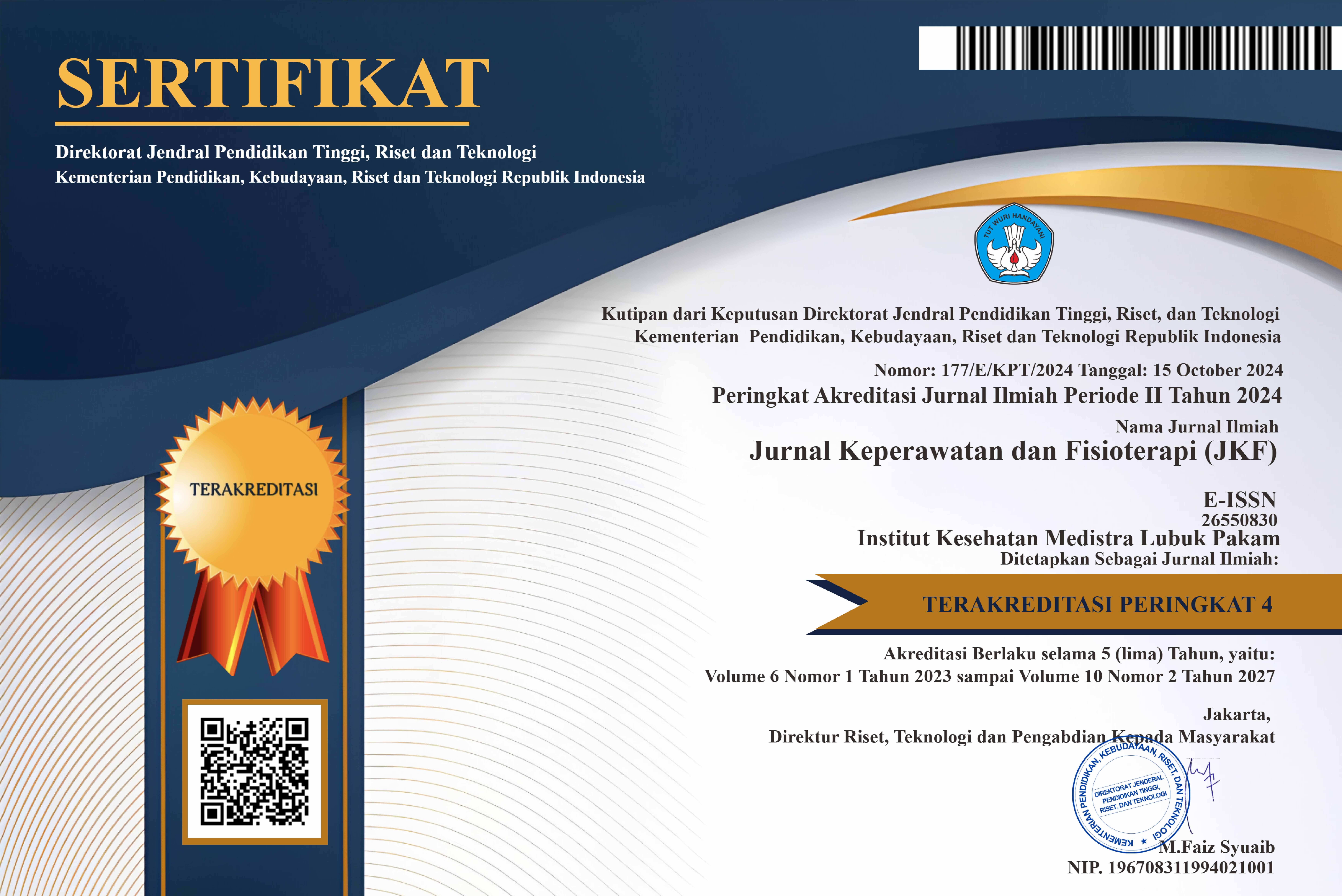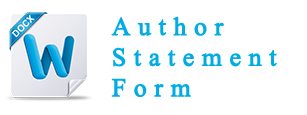FACTORS FACTORS AFFECTING SLEEP DISORDERS IN DIABETES MELLITUS PATIENTS
DOI:
https://doi.org/10.35451/jkf.v3i1.528Keywords:
sleep disorders, diabetes mellitus, patientsAbstract
Diabetes mellitus is a degenerative disease, characterized by an increase in glucose levels in the blood. This causes diabetes patients to experience sleep disturbances. One of the basic human needs that must be fulfilled is sleep. The research objective is to determine the factors that cause sleep disorders in diabetes mellitus patients. Descriptive research design that aims to identify sleep disturbance factors of diabetes mellitus patients at Grandmed Lubuk Pakam Hospital. The sampling technique used purposive sampling method with a total sample of 57 people. This study used a questionnaire of demographic data and sleep disorders. The results of the study of sleep disorders physical factors of BAK at night were 56 people (98%), pain in 43 people (75%), tingling and leg cramps in 39 people (68%), fatigue of 37 people (65%), thirst at night 35 people ( 61%), hungry at night 12 people (21%), snoring 34 people (60%). Sleep disturbance due to environmental factors in the form of environmental factors of respondents based on hot room temperature 48 people (84%), mosquito bites 36 people (63%), noise from home 34 people (60%), outside noise 24 people (42%) . The conclusion is that the factors that influence sleep disorders in diabetes patients are physical and environmental factors.
Downloads
Downloads
Published
Issue
Section
License
Copyright in each article is the property of the Author.


























